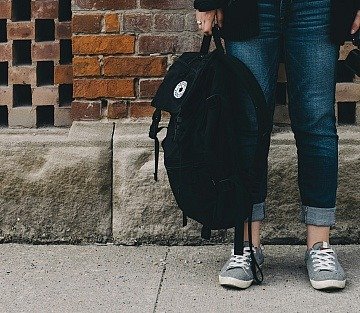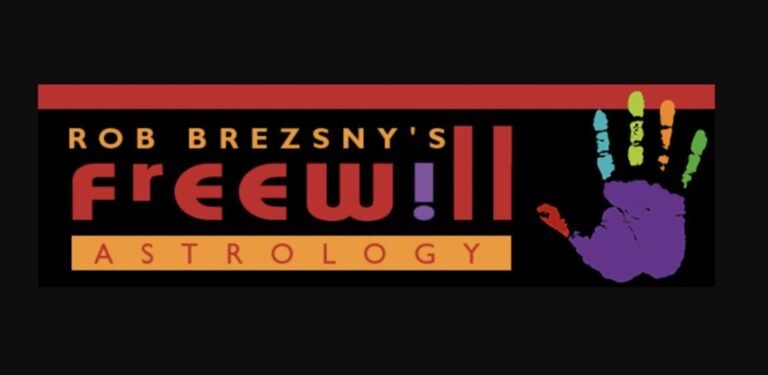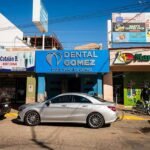Imagine a world where your empty plastic bottles could take on a second life—beyond just cluttering up your recycling bins. Well, that future may not be as far-fetched as we think! Scientists in Scotland have unleashed genetically modified bacteria that can turn polyethylene terephthalate (yep, the very same plastic used in water bottles) into para-aminobenzoic acid, which is a fancy name for a precursor of acetaminophen. In layman’s terms: trash could be transformed into pain relief!
In laboratory experiments, these clever little bacteria managed to convert a whopping 92% of this plastic into the helpful compound in just 48 hours, and they did it without spewing carbon emissions. Professor Stephen Wallace and his team have given us a new perspective on plastic waste, suggesting it’s not just a nuisance but a resource. This innovative approach might not be scalable yet, but it opens up exciting possibilities for greener manufacturing and recycling methods in the future.
Who would’ve thought your discarded drink could someday help soothe a headache? While we might not be ready to march into our local pharmacy to see “Soda Bottle Medicine” on the shelves just yet, it’s clear that these smart microbes are paving the way for something extraordinary. Maybe next time we think about recycling, we’ll do it with an eye towards the future of medicine—science, you continue to amaze us!
To get daily local headlines delivered to your inbox each morning, sign up for newsletter!















